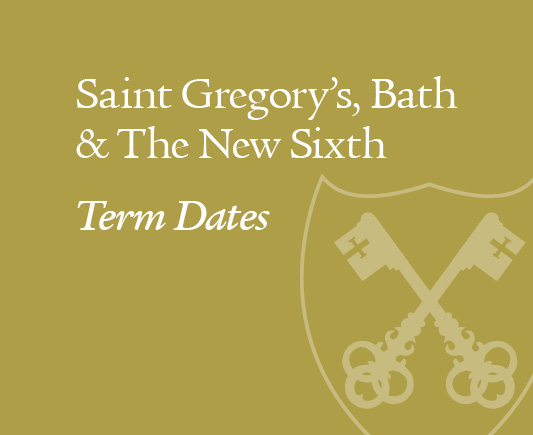Click image to play Loom video
Examination Board Eduqas
Subject Leader Mrs Sterlini
Exam board link https://www.eduqas.co.uk/media/by5boopf/eduqas-gcse-music-spec-from-2016-d.pdf
Music Loom Link https://www.loom.com/share/7e22f3d1e1cb446e9af6af562835c7e6?sid=bde92fde-ffa9-4354-9cff-df9910300cad
Aims of the course:
The course offers students the chance to explore a wide variety of different genres of music in an engaging and practical way. Throughout the course, students will broaden their skill set through trips, workshops and both internal and external performance opportunities.
The Course
The course explores a selection of pieces from a variety of areas of study. These areas include:
Area of study 1: Musical Forms and Devices
In this area of study, learners place music within a broad historical context. However, it is not expected that they develop a detailed chronology of music aside from an awareness of the principal features of Baroque, Classical and Romantic music.
Area of study 2: Music for Ensemble
In this area of study, learners develop understanding of sonority and texture, including instrumental and vocal groupings in a range of genres as appropriate to their context.
Area of study 3: Film Music
In this area of study, learners will develop an understanding of film music including the use of timbre, tone colour and dynamics for effect.
Area of study 4: Popular Music
In this area of study, learners will develop an understanding of popular music: pop, rock and pop, bhangra and fusion (of different styles).
Students will learn key features of these styles by listening to and performing a variety of musical pieces. Students will also study two set works in more detail:
- Badinerie by J.S.Bach for Flute and String Orchestra with Harpsichord (Final movement, Orchestral Suite No.2 in B minor, BWV 1067)
- Africa by Toto (1982)
Students will have a listening examination at the end of the course which contains listening questions on set works and unfamiliar pieces of music. Students will use their knowledge of the musical elements to answer the questions.
Performance and composition are also studied through these topics and all students who enroll on the course are strongly advised to receive instrumental/vocal tuition. There is no minimum musical grade to access the course, however students will need to perform at a Grade 3 standard by the end of Year 11. Students do not need to have taken any graded exams to be successful in GCSE Music.
Students are also strongly encouraged to regularly attend a co-curricular activity within the Music department to help strengthen their ensemble performance skills.
Course Components
Performing on any instrument or voice (30%)
Learners will submit two performances as part of the course: a solo and ensemble totaling 4-6 minutes. Any instrument or voice can be used for this component.
Composing/Arranging (30%)
Students will submit two compositions across the course. The first is a ‘free’ composition, where students have the opportunity to explore a musical style they are most interested in. The second is in response to a brief set by the exam board. The total duration for this is between 3-6 minutes.
Listening and Appraising (40%)
Students sit a listening paper that demonstrates their understanding of music from the Areas of Study covered over the two years.
The Assessment
All coursework (60%) will be completed by Easter in Year 11. The listening paper (40%) is completed in the final term of Year 11.







